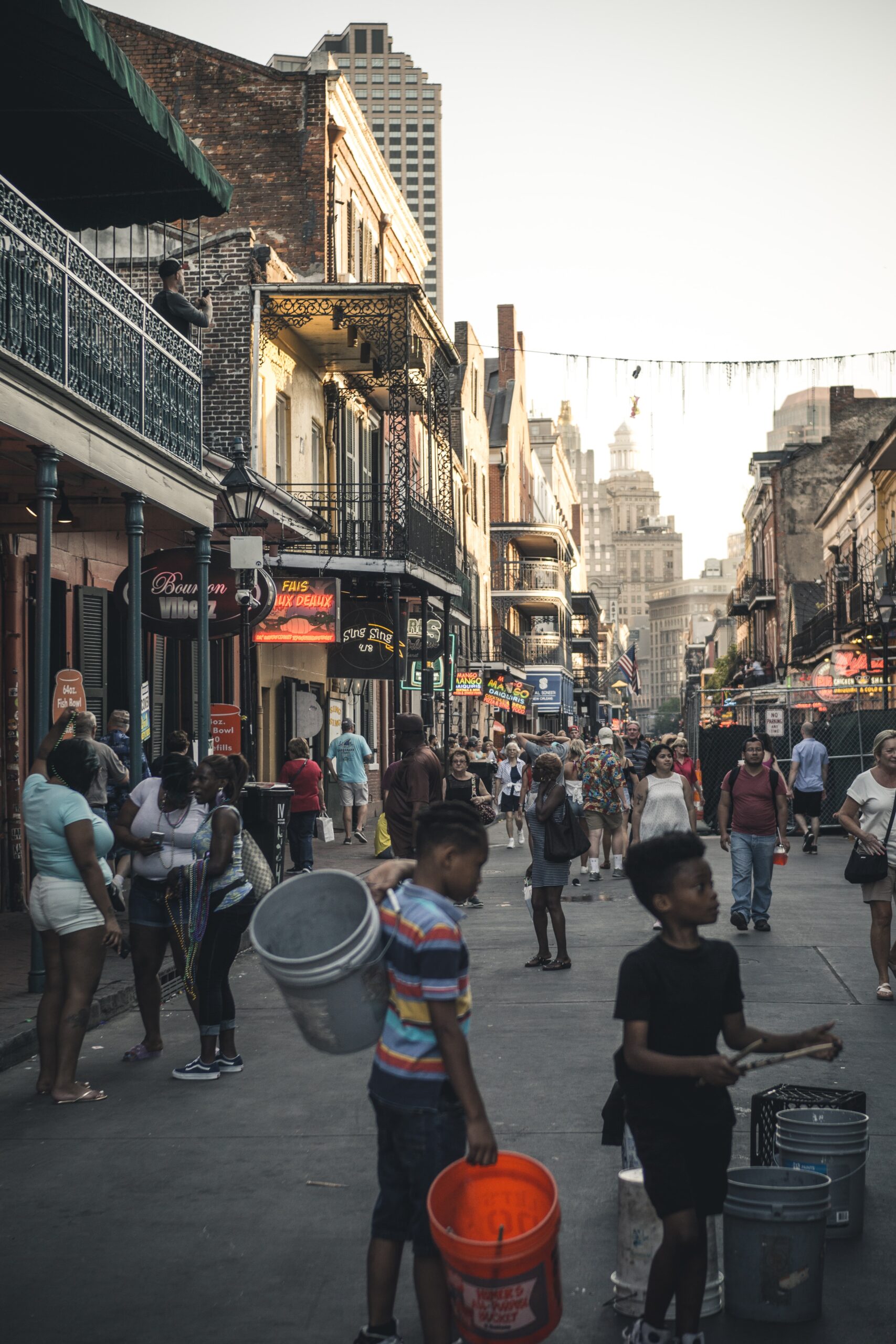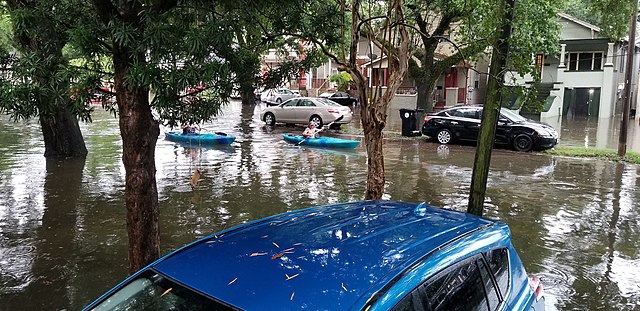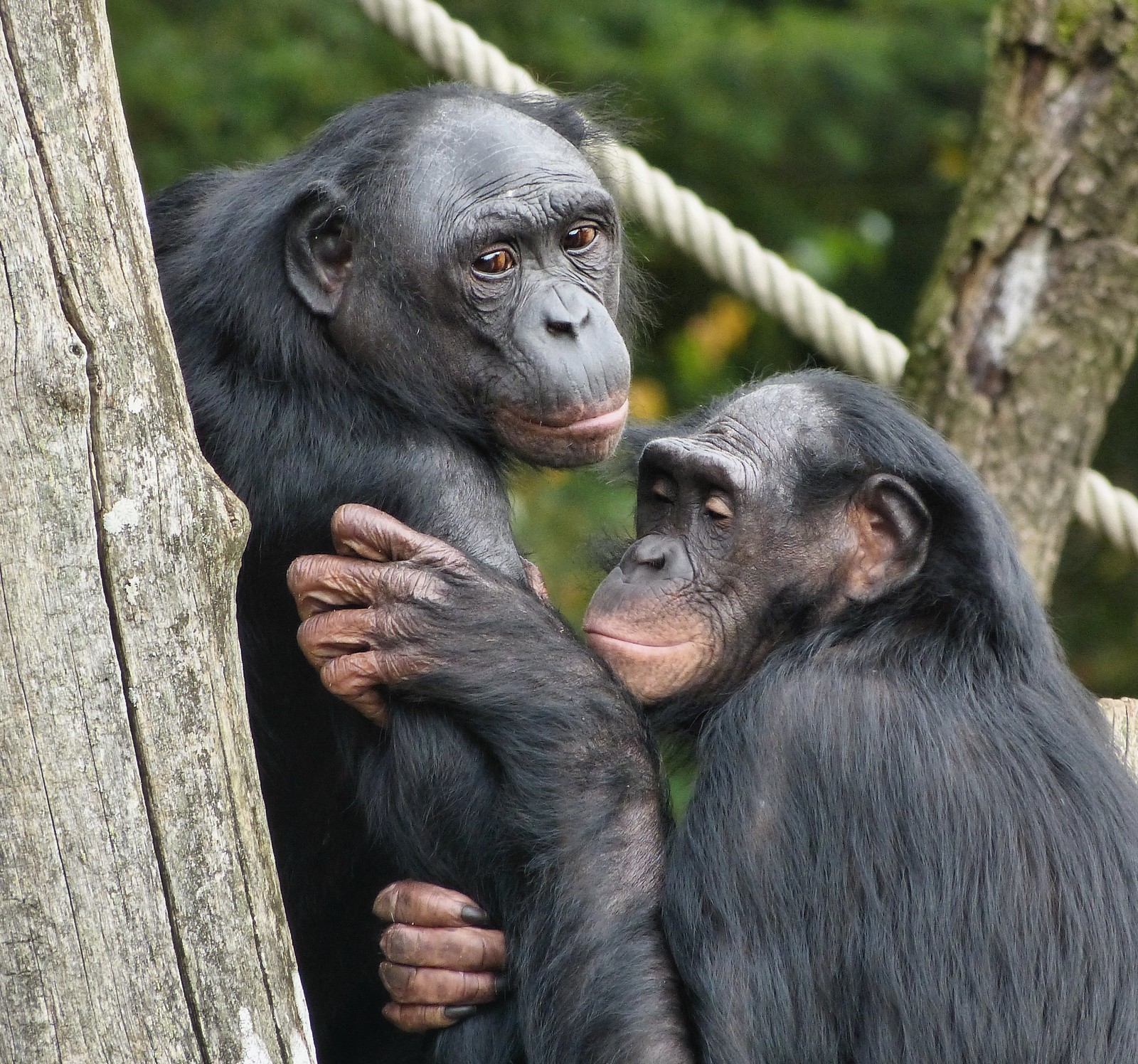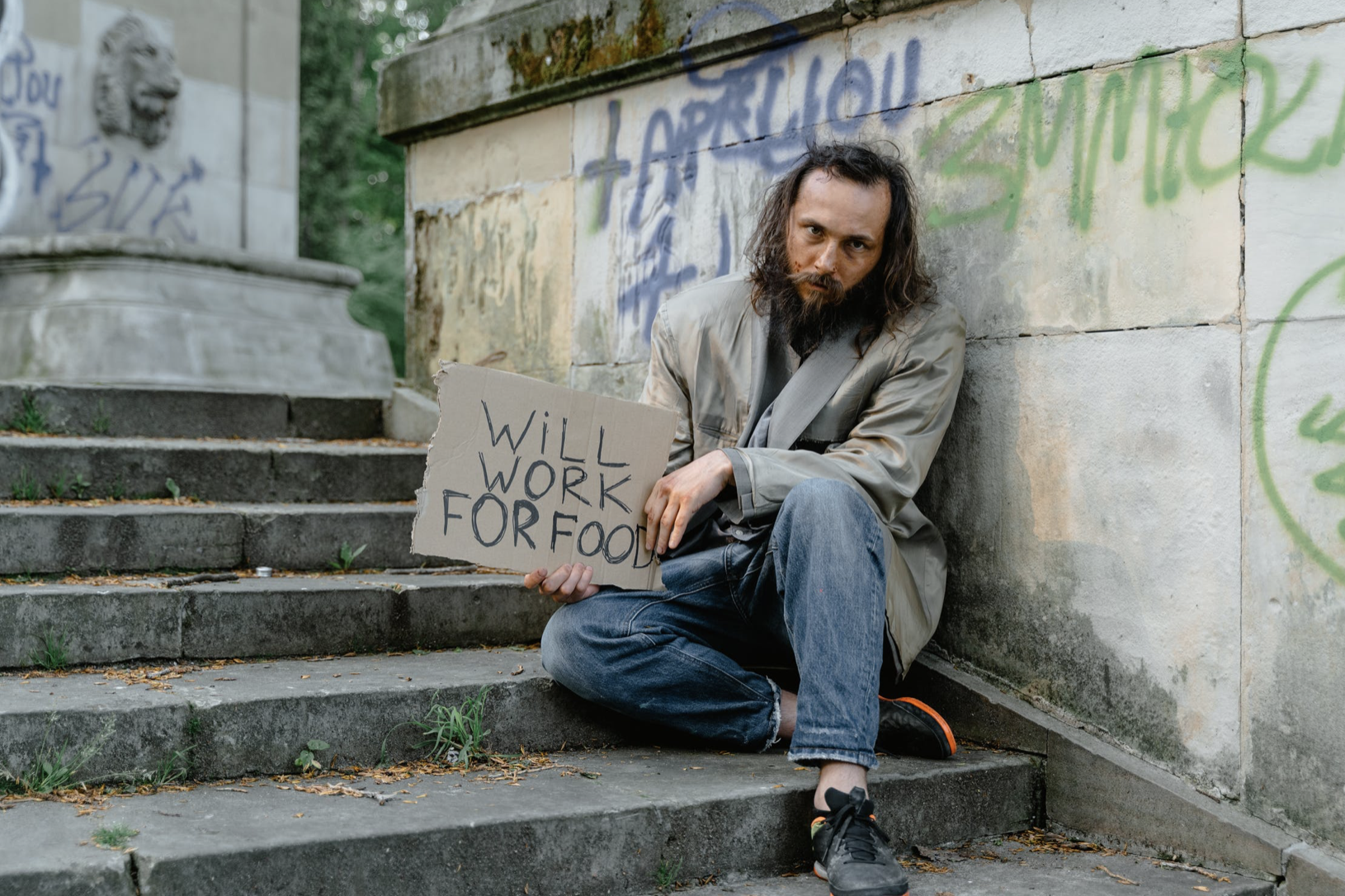
Downtown New Orleans
Photo by: NICO BHLR
Part I: The Issue:
As part of a capitalistic society, working-class citizens — which mostly consist of BIPOC individuals — of New Orleans suffer from the severe consequences of capitalism. Those with wealth or power are catered to, while others are left unprotected and deprived of housing, adequate public schools, and infrastructure that encourage future success and achievement.
New Orleans has a tax exemption issue that is rooted in the city’s general, unspecified requirements for non-profit organizations. In contrast to other areas, New Orleans’ non-profit organizations are not required to contribute to the public good of vulnerable communities or permit access to their resources. This unchecked system allows corporations, such as Mardi Gras Krewes, the Archdiocese of New Orleans, Tulane University, and Touro, that are worth millions to consider themselves “nonprofits” and withhold funds to maintain their own wealth. Currently, the local government exempts 4,400 properties owned by all non-profit organizations collectively worth $3.9 billion. Tulane University and Touro are included in this $3.9 billion exemption, with both of their properties upholding a combined $172 million value.
Property tax predominantly supports New Orleans’ public needs by 46%, with 27% of this tax revenue allocated to the Orleans Parish School Board. The central office for New Orleans Public Schools expressed their concern for the future of public schools due to an unsustainable education budget. Currently, the allocated funds for public schools fail to support the estimated expenses for public schools. The district operations officer, Tiffany Delecour, also revealed the district’s inability to manage the school’s dated facilities because of the underfunded school budget. While the local government allows institutions, such as Tulane University, to increase the educational needs of those who attend private institutions, public education remains underfunded and insufficient.
This same issue of New Orleans’s underfunded budget also manifests in the city’s infrastructure needs. As a whole, New Orleans maintains poor infrastructure with sinking, dangerous streets that regularly damage citizens’ vehicles and flood. Vulnerable communities suffer the worst consequences from this poorly regulated infrastructure, as the city provides working-class citizens with inferior infrastructure. This infrastructural inequality results in severe flooding and expensive property damages for working-class citizens who already struggle to afford basic necessities.

Frequent flooding in the streets and residential areas. (Photo: Bart Everson, Wikimedia Commons)
As multiple large corporations benefit from the local government’s extreme capitalistic practices, which allow these businesses to avoid paying property taxes, working-class citizens suffer from their own housing costs. 61% of tenants in New Orleans designate ⅓ of their income towards rent and utilities, while 38% reserve more than half of their income towards housing. For the year 2022, HousingNola, an organization focused on resolving affordable housing issues in the city, assessed New Orleans’ housing crisis with an “F” in its annual report card. The cost of rent and income are now indirectly related, as HousingNOLA shared that the median rent for 2022 increased to $1,082, and the median income has declined by $4,000 since 2019. Due to drastic surges in rent costs, more than 33,000 affordable housing units must be provided in the next ten years to appease housing demands. Despite this alarming reality, political leaders fail to ensure tenants have affordable housing costs and proper living conditions. The city obtains an imbalance of vacant properties and increased housing costs yet has never attempted to control housing rates or convert these unoccupied properties. Councilman Freddie King acknowledges the city’s inactivity regarding the housing crisis has resulted in slum lords’ exploitation of working-class tenants with high rent rates and living conditions with mold, rodents, and leaking pipes as well.
Meanwhile, Mayor Latoya Cantrell resides in a city-owned apartment in the French Quarter with a monthly rent estimate of $2,991. Because the city established an agreement with the French Market Corporation, Mayor Cantrell legally avoids paying rent and taxes on this expensive property. This rampant practice of capitalism in New Orleans continues to solely benefit powerful, wealthy individuals, while the working class remains as victim to the system.
Part II: The Solution
Bonobos and humans share 98.7% of their DNA, making Bonobos humans the closest relative species. Despite this kinship, bonobos embody a society highly indifferent to humans. Bonobos construct their societal systems as a fission-fusion and matriarchal society, where their communities consist of temporary sub-groups that are led by the dominating population of female bonobos. Within this societal structure, varied groups of bonobos disperse amongst themselves to forage yet frequently reunite themselves as one community. While these sub-groups venture to obtain food, female bonobos control the ranging activity, and elder female bonobos assume leadership roles based on their knowledge of where to locate subsistence. In situations where bonobos are required to travel long distances to secure forage, the entirety of bonobos separates itself into two groups: those designated to travel or to protect the territory. Once the moving sub-group successfully locates subsistence, these same bonobos communicate their discoveries with the other sub-group through vocalizations. Bonobos behave altruistically to ensure survival for the species as a whole; therefore, the rest of the bonobos’ arrival determines when all bonobos may gather their food. When the bonobos who remained in their territory appear, all bonobos collectively generate a chorus of soft vocalizations and ascend up the fruit tree.
This similar use of female guidance and communal sharing occurs when male bonobos hunt and murder a monkey or forest antelope as well. The male bonobo must notify the female bonobos of his or her victim before consuming the prey. Once the female bonobos are aware of the killing, the eldest female calmly places her arm above the victim before consuming the animal. This practice influences the other bonobos to behave similarly before indulging in the prey. By enforcing stringent control over bonobos’ manner of hunting, gathering, and consuming food, female bonobos integrate altruistic and communal values within the species. These female leaders not only provide equal resources themselves, but they ensure other members of the species reflect this lifestyle as well.
As multiple subgroups forage simultaneously, the possibility of conflict between these two groups increases. Bonobos sense through vocalizations when another group scavenges for food and clambers up trees to detect the location of the other group. Both of these groups interact with each other through loud vocalizations and encounter each other at the same tree. The two groups then proceed toward each other, interchange more vocalizations, and the males display threatening behaviors; however, these two groups do not behave violently with each other. During this exchange, female bonobos from each sub-group utilize socio-sexuality to resolve this conflict peacefully. Their interactions result in both of the bonobos’ sub-groups nourishing themselves on the same tree. This passiveness amongst bonobos is attributed to female bonobos’ role in pacifying aggression and encouraging cooperation amongst the species.
While bonobos abide by a matriarchal society, female bonobos centralize their role as social leaders. Female bonobos participate in socializing, maintaining intimate relationships with other females, and monitoring other social relationships to avoid disputes within the species. Despite their influence on bonobos socially, female bonobos avoid establishing political or strategic alliances. Due to this behavior, male and female bonobos exist co-equally within their species. Although bonobos utilize a societal system where female autonomy emerges, female bonobos structure their hierarchy to depend on survival and serenity within the species, not wealth or extreme power.

Bonobos embracing one another (Photo by: Gerhard111, Flickr)
Bonobos’ submission to a societal system that benefits their species collectively enables the development of their adaptations to behave cooperatively and empathetically innately. This great ape distinctly demonstrates non-violent and communal behavior within and outside of the checked societal system that exists in the wild. In a study that consisted of sixteen bonobos, fourteen of these bonobos obtained access to food, while researchers abandoned the other two related and non-related bonobos. Nine of the fourteen bonobos surrendered their portion of food for the two other bonobos, revealing their learned behavior to benefit the species as a whole. Kuni, who is a zoo bonobo, witnessed a starling injure itself by flying into the glass of her enclosure. Instead of selfishly consuming or disregarding the bird, Kuni attempted to assist the unconscious starling by extending its wings and projecting the bird from the peak of a tree. When Kuni realized she failed to rescue the bird, she placed herself near the starling and observed the bird until it recovered. Kuni’s empathetic behavior within a zoo reveals bonobos’ individual, altruistic nature towards other beings.
Implementation:
The city of New Orleans fails to support its citizens adequately, as the city’s powerful and wealthy individuals exploit the working class for their needs; therefore, abolishing a system that enables capitalistic greed is the solution to the working class issues in the city. This process would begin by changing the individualistic mindset of those who exist within a capitalistic society. Specifically, political leaders and corporations must adapt communal values to reconstruct a system that provides beneficial resources to all of its citizens. Within human society, these resources include sufficient schooling, infrastructure, housing, and food.
New Orleans’ issue of an underfunded budget stems from a disparity in revenue and public needs. To combat the source of this economic inequality, New Orleans and Louisiana legislators must agree on more specifications for those organizations that identify themselves as non-profits. These regulations should require nonprofits to contribute positively to the public needs of vulnerable communities or provide free, accessible resources to the public. Bypassing these regulations, nonprofits whose mission focuses on assisting vulnerable communities will be protected, while other corporations who abuse this title for their own personal wealth will increase the property tax revenue collected by the city. These corporations’ contributions through property tax could improve New Orleans’ budget by millions of dollars.
This growth of revenue-generating within the New Orleans’ economy, will result in more funding for education and infrastructure. If the government allocates those funds to help New Orleans’ communities with their educational and infrastructure needs, New Orleans’ public officials provide protection from destructive natural disasters and storms and maintain adequate school systems that encourage future achievement and success for public school students. This subtle improvement heavily impacts the city, as vulnerable communities will not encounter the destruction of their possessions during storms, and New Orleans would collectively receive advanced infrastructure to further protect its citizens against natural disasters and improve its streets. This increased investment in public school systems would also allow students to receive more opportunities in their education and future achievement. Community-based funding, such as investing in public school systems, would also combat another issue in New Orleans: crime. This type of funding is proven by psychologists to result in decreased crime rates and delinquency within a city, not increased police monitoring. Once city officials ensure major corporations properly share their wealth through equitable taxing, working class citizens will no longer endure their own high-taxes as well.
By focusing on the communal needs of New Orleans, the local government would solve the housing crisis as well. Political officials should intrinsically and extrinsically be motivated to contribute to rent costs and property taxes, as they cooperatively contribute to New Orleans’ tax revenue as well. These same officials should also care about the affordable housing crisis in New Orleans to ensure the community’s citizens with housing and substantial living conditions. By enforcing legislation that maintains rising rent rates to accommodate citizens’ income and substantial living conditions, the city allows citizens to allocate their income towards other survival-based needs, such as food, decreases overall financial stress for its citizens, and provides safe housing for citizens to reside in. Local legislators could also reconstruct vacant properties to create more affordable housing units for its citizens. This solution not only solves some housing issues within the city but also offers affordable housing to citizens, which will decrease homeless rates as well.

Pictured is a homeless man who resembles so many New Orleans residents (MART PRODUCTION, Pexels)
While bonobos abide by a matriarchal societal system with few survival needs in their environment, this species utilizes a societal structure that values communal needs. By failing to recognize the powerful impact of behaving altruistically and cooperatively as a society, New Orleans’ capitalistic society prevents the city’s working-class citizens from receiving fundamental survival needs. Once both wealthy and working-class citizens utilize a societal system that satisfies fundamental needs for all citizens, the collective concerns of citizens from all classes will be solved.
Sources
https://antigravitymagazine.com/feature/money-for-nothing/
https://www.vera.org/news/new-orleans-needs-more-money-for-services-not-for-police
https://www.insidescience.org/news/bonobo-matriarchs-lead-way
http://www.whatissocialism.net/general/53-jordan-levi-is-socialism-practical
 NOLAbeings Multimedia artist Claire Bangser created NOLAbeings as a portrait-based story project that marries...
NOLAbeings Multimedia artist Claire Bangser created NOLAbeings as a portrait-based story project that marries...  Voodoo in New Orleans: Reviving history: New Orleans fortune telling This article takes a deep dive into the history of Voodoo in New Orleans, its hybridization with Catholicism, and its present-day place in the city's culture. The author visits fortune-tellers in the French Quarter, using their guidance as a tool for introspection rather than a deterministic predictor of the future. Through her experiences in New Orleans, the author feels a mystical connection to both the past and the future.
Voodoo in New Orleans: Reviving history: New Orleans fortune telling This article takes a deep dive into the history of Voodoo in New Orleans, its hybridization with Catholicism, and its present-day place in the city's culture. The author visits fortune-tellers in the French Quarter, using their guidance as a tool for introspection rather than a deterministic predictor of the future. Through her experiences in New Orleans, the author feels a mystical connection to both the past and the future. 